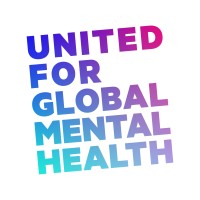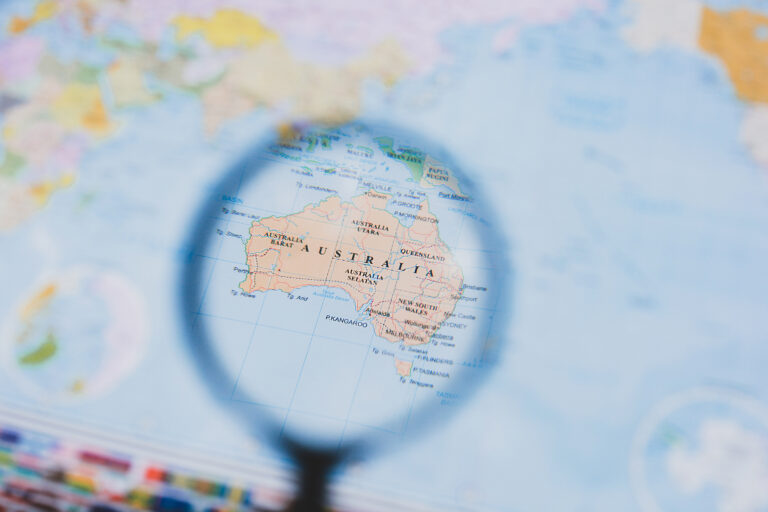United for Global Mental Health, an advocacy organisation that works to advance mental health and psychosocial well-being globally, has released it’s latest report delving into the complex landscape of funding for mental health services. It aims to shed light on the current state of affairs by offering a macro-level analysis of government and donor contributions to mental health finance. Through this exploration, the report seeks to uncover the global finance gap and the strategies needed to bridge it, ensuring equitable access to mental health services for all.
Key takeaways
- “The global annual mental health finance gap is at least $200 billion. The majority of countries in the world are far from meeting even modest mental health funding targets.”
- “Aid for mental health dropped by a third from 2018 to 2021, from $300m to $200m, with private philanthropists making up over half of the total spending. “
- “Government international aid agencies need to invest more in mental health. If they increased their investment to 1% of their overall development assistance for health, there would be almost an extra half billion dollars available per year.”
- “In addition to simply increasing the size of mental health financing, it is vital the money is spent in the most efficient and effective manner.”
- “…opportunities to leverage funding in global financing partnerships such as the Global Financing Facility, the Global Partnership for Education, the International Development Association (IDA) and the Green Climate Fund. Since rapidly increasing climate change poses a rising threat to mental health and psychosocial wellbeing, there is a benefit in tackling and financing these issues in tandem. “





